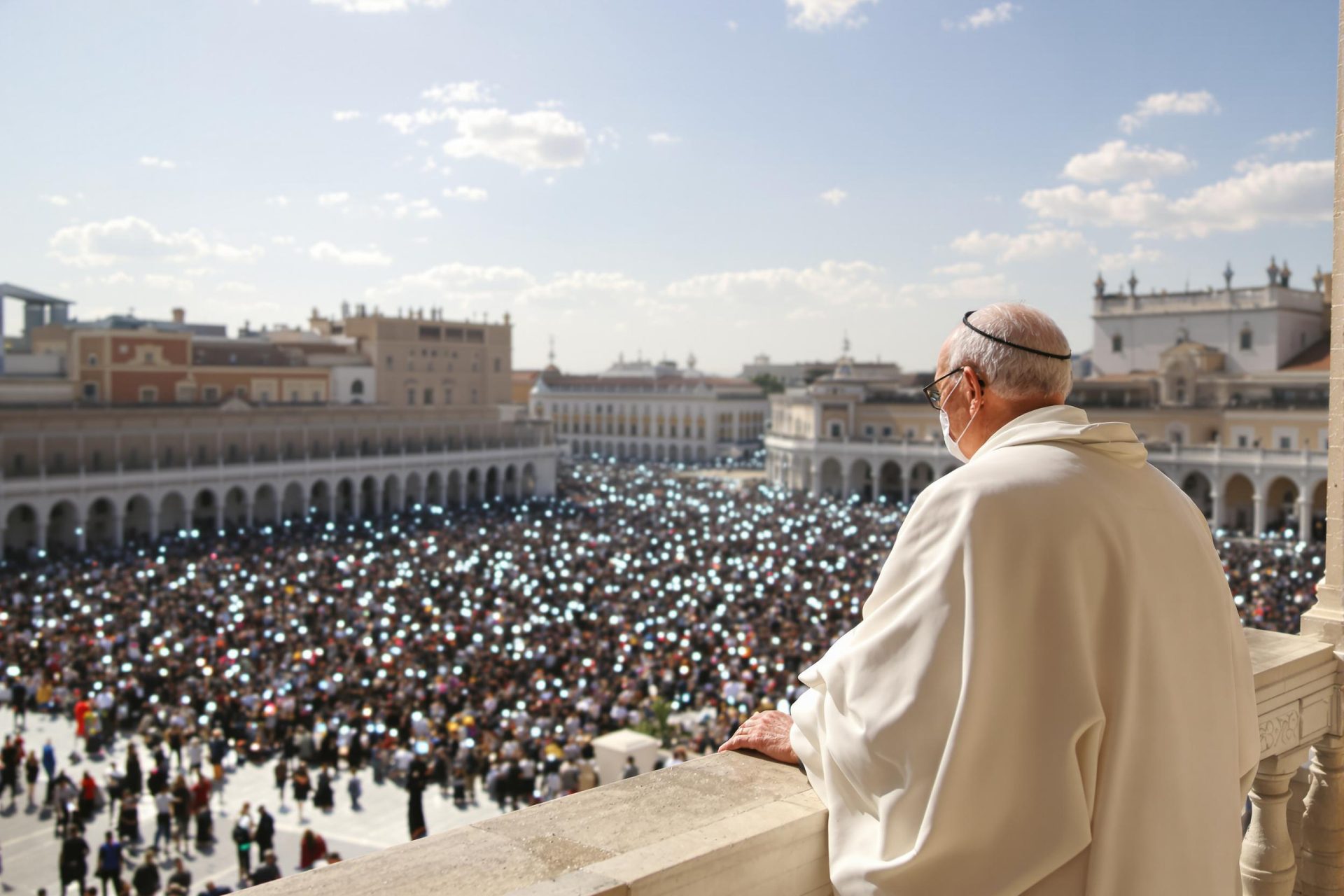Key Takeaways
- Pope Leo XIV is focusing on the significant dangers artificial intelligence poses to humanity.
- He sees parallels between the AI revolution and the Industrial Revolution, which Pope Leo XIII addressed.
- Key concerns include AI’s potential to diminish human dignity, manipulate behavior, and undermine truth and freedom.
- The Pope advocates for transparent algorithms and AI that supports, rather than replaces, human capabilities.
- He stresses that faith and reason must guide AI development to protect human dignity and serve the common good.
The new Pope Leo XIV is wasting no time in addressing what he sees as a critical issue for our era: the dangers of artificial intelligence. In one of his initial public appearances, he highlighted these concerns, drawing a line to his namesake, Pope Leo XIII.
Those familiar with Catholic social teaching, as noted in an opinion piece by Fr. John Paul Kimes for the New York Post, recall how Leo XIII’s “Rerum Novarum” offered a Catholic response to the Industrial Revolution. That encyclical addressed radical ideologies by affirming human dignity and championed the partnership of faith and reason.
The new Pope apparently chose the name Leo because he believes we are in another major revolution, this time driven by AI. Unlike past technological shifts, AI introduces subtle, often invisible threats hidden within complex algorithms that many find hard to grasp.
AI is often presented as the dawn of a new golden age. Yet, a critical element seems to be missing from this vision: us. The AI revolution, like those before it, aims for increased productivity. But where the industrial age often devalued humans through harsh labor or job displacement, the AI revolution risks sidelining humanity altogether, reducing us to mere data points for manipulation.
AI has already woven itself into our daily lives, influencing not just our work and world, but also our desires and how we see ourselves. Some manipulations are subtle, like targeted ads. Others are far more disturbing, such as the use of AI to create child pornography from innocent images, or algorithms designed to addict children to content, shaping their minds instead of parents or teachers.
These darker aspects point to Pope Leo XIV’s fundamental worries. Algorithms that lack transparency, he suggests, pose a threat to everyone. Safeguards are needed to prevent AI from being used to suppress freedoms or undemocratically consolidate power.
Biased AI systems can also worsen inequality and discrimination. In their quest for definitive answers, they can strip away the necessary nuance from complex societal problems.
How might this Pope guide us through these challenges? He has already hinted at relying on two core principles: truth and freedom. AI threatens the truth of each person’s unique, God-given dignity by treating us as commodities defined by our digital footprint.
The Pope’s concerns, therefore, are less about the technology itself and more about its impact on our self-understanding and how we treat each other. Misusing AI poses serious threats to human dignity, as algorithms can subtly manipulate us into behaviors that don’t reflect our true selves.
Alongside truth, authentic freedom is key. For Christians, this freedom comes from truth. While modern culture often defines freedom as mere autonomy, true human freedom is rooted in understanding who we are: beings created with limitations, meant for community and mutual support.
To steer AI towards the common good, this Pope Leo, like his predecessor, must clearly identify the challenges AI poses to truth and freedom. He aims to offer Gospel-inspired guidance to the world.
This involves advocating for transparent algorithms that cannot be used for manipulation. AI tools should be designed to enhance human abilities, not replace them. There’s also a need for international standards to prevent AI’s misuse for undemocratic aims—all in service of our shared human dignity.
Just as Leo XIII did, Pope Leo XIV will likely insist that faith be an equal partner with reason in shaping how we develop, use, and govern artificial intelligence.



